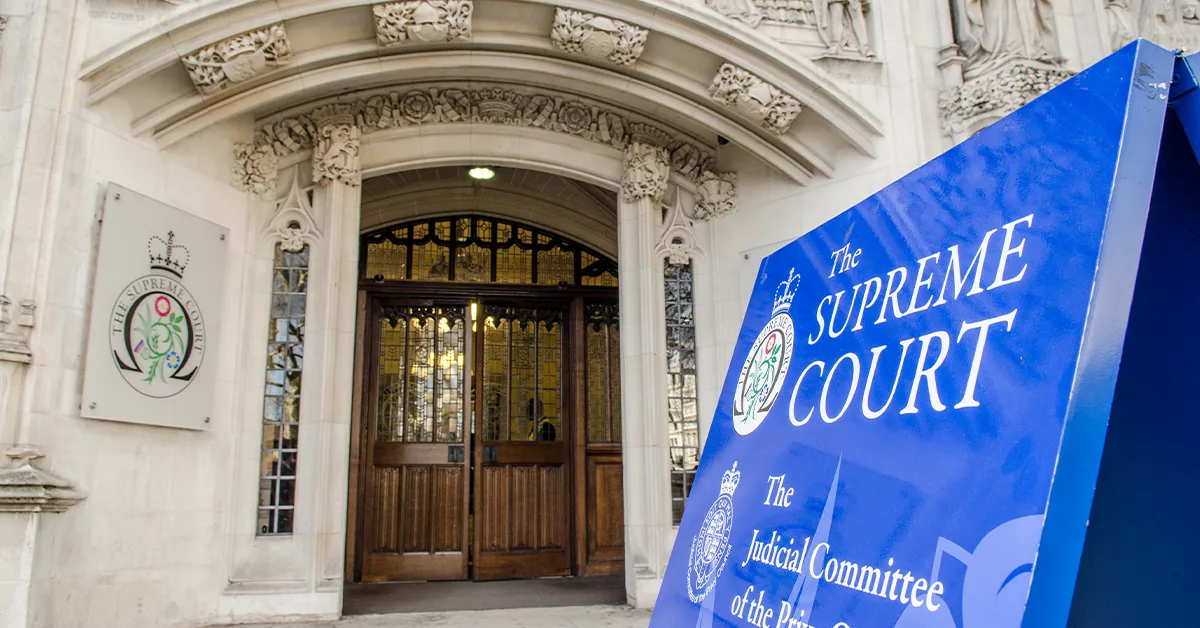The recent Supreme Court rulings have been tough for religious education advocates. Key decisions have limited the role of religion in public education and funding, creating a sense of loss for those who champion faith-based learning. Yet, despite these setbacks at the highest judicial level, religious education is far from defeated. In fact, it’s thriving in countless communities and alternative settings.
The Supreme Court’s Impact on Religious Education
In recent years, the Supreme Court has issued rulings that effectively tighten restrictions around religious education in public schools and public funding. These decisions, rooted in the principle of separation of church and state, prevent direct government support of religious instruction or activities. While these rulings maintain constitutional boundaries, they also frustrate many who believe religious education is an essential part of a well-rounded upbringing.
The court’s stance essentially sidelines religion from public education’s core, limiting what religious educators can do in public schools. This means no religious classes funded or endorsed by the state, no prayers led by teachers during school hours, and no religious symbols in government-sponsored contexts.
But Religious Education is Winning Outside the Courtroom
Here’s the silver lining: religious education is flourishing in private schools, homeschools, and community organizations. Parents and faith communities have rallied to create vibrant environments where religious learning can happen freely. From Sunday schools to after-school programs, and from online platforms to homeschooling co-ops, religious education is adapting and growing.
Private religious schools are seeing increased enrollment as families seek alternatives to public schooling that respects their faith traditions. Homeschooling parents, empowered by flexible laws and a wide variety of curriculum options, are customizing education with strong religious foundations. Digital tools and apps focused on religious content make faith learning accessible and engaging for kids and adults alike.
Why It Matters
Religious education isn’t just about doctrine or rituals; it’s about values, community, and identity. When public avenues close off, families and communities take matters into their own hands, reinforcing the role religion plays in shaping morals and perspectives. This grassroots growth shows that religious education remains relevant and desired—even if the Supreme Court isn’t on board.
Looking Ahead
While the Supreme Court’s decisions set legal limits, they don’t define the future of religious education. The real power lies with families and faith communities who continue to innovate and support religious learning. So yes, religious education lost some ground in the courtroom, but it’s winning hearts and minds everywhere else.



